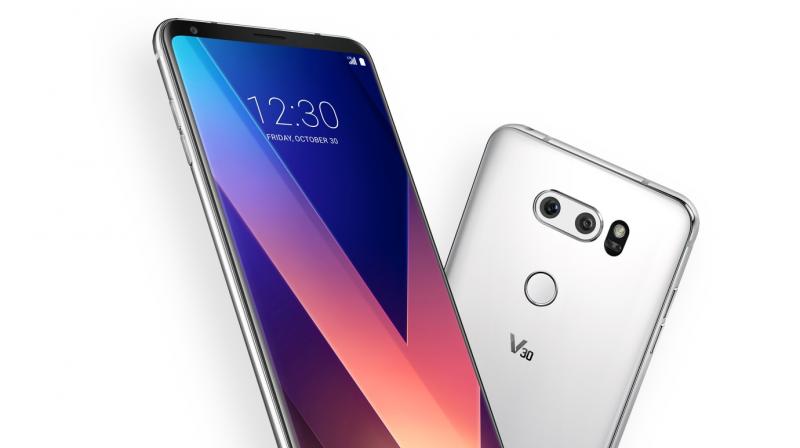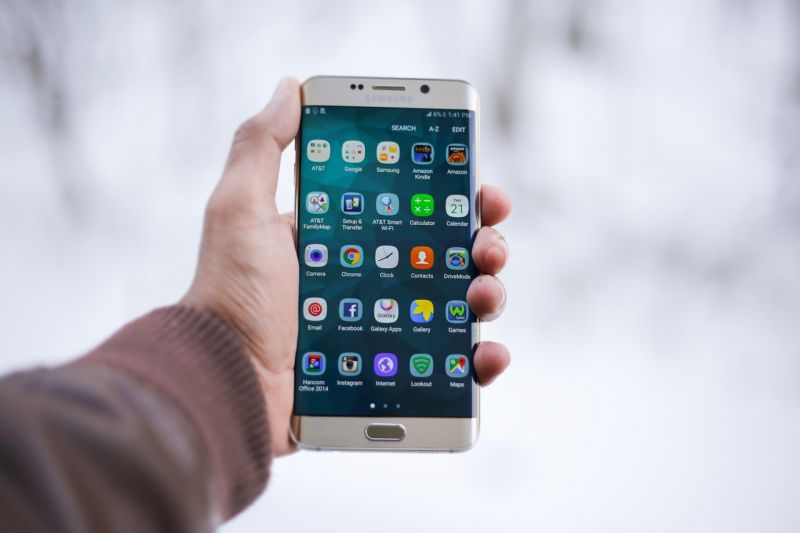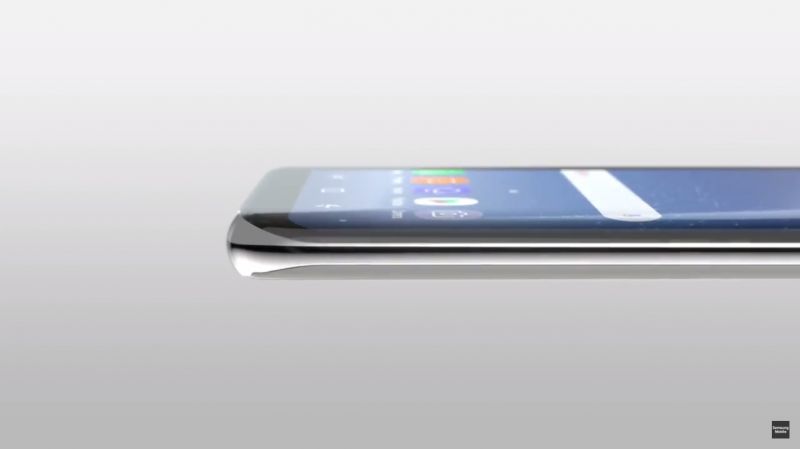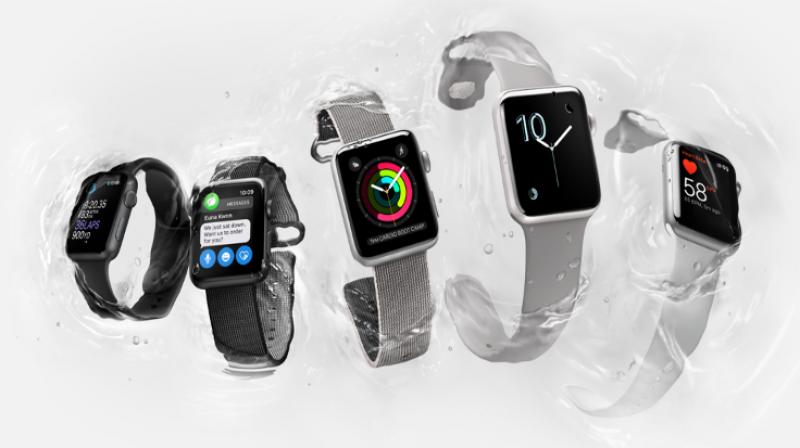What's new in a P-OLED display?
LG is flaunting its take on the OLED panel for its flagship V30 as the P-OLED display.

One of the most important factors that affect a smartphone seeker’s decision is the display, which is also the only portal to interact with all the components inside those beautiful metal bodies. This is why smartphones are getting bigger displays with slimmer bezels, which in turn makes the user experience special. LG has recently taken off wraps from its V30 flagship with a large display and thin bezels. However, they are using the term ‘P-OLED’ along with their FullVision display. Do you wonder what is it?
Until now, you have heard of or probably seen or even own a phone with OLED panels. Samsung’s AMOLED is the most popular one and we have already talked about how it works (see here if you haven’t read). If you don’t fancy the long article, then consider the following explanation — an AMOLED panel consists of individual LED bulbs, covering the RGB spectrum. Each LED bulb contains an organic material that lights up when current is applied to it. Each LED bulb can be asked to switch ON or OFF as per the requirement, which is a simple explanation of Active Matrix. Hence, you put together all of that and it becomes Active Matrix Organic Light Emitting Diode or AMOLED.
 There's no match for an AMOLED panel's eye-popping colours.
There's no match for an AMOLED panel's eye-popping colours.
We had already discussed that AMOLED display is great for achieving higher picture contrasts as well as reducing power consumption (read here). Also, there’s no issue like containing the liquid as in an LCD display, which means that any kind of display form can be achieved. However, general AMOLED panels have a glass substrate, i.e. solid glass base holding the OLED bulbs and everything else. Older smartphones like Samsung Galaxy S5 and older used this version of AMOLED.
P-OLED is no exception to this technology apart from its substrate made of plastic instead of glass. ‘P’ in P-OLED stands for plastic, thereby referring to the plastic base of these OLED panels. These displays have the same arrangement as the AMOLED panels but laid on a plastic substrate.
 Those beautiful curves are courtesy of the plastic substrate or flexible plastic base.
Those beautiful curves are courtesy of the plastic substrate or flexible plastic base.
Since plastic is flexible in nature, it can be bent to the heart’s content. Therefore, every phone with a properly curved display like the Galaxy S8/Note 8 and the LG V30 use this P-OLED panel. LG has only used the term to differentiate its display from other OLED panels. P-OLED displays are also slightly more resistant to screen shatters than standard AMOLED panels as the plastic can absorb some of the shocks. However, you Galaxy S8 or LG V30 display can still shatter because they have protective glass on top of them to give you a premium touch experience (touching a plastic layer is apparently not good by the manufacturer’s standard).
 P-OLED panels have been used in smartwatches and other wearables since a long time.
P-OLED panels have been used in smartwatches and other wearables since a long time.
P-OLED panels are nothing new — if you wear an expensive smartwatch, then you are already having a P-OLED panel on your wrist. The benefit of P-OLED panels is that they can be adapted to any size and form that one desires. The only issue is the quality of the OLED panel — manufacturers have to make sure that bending a display shouldn’t let image distortion creep up (it’s similar to the rubber membrane of a balloon that distorts the actual design or print when stretched).

